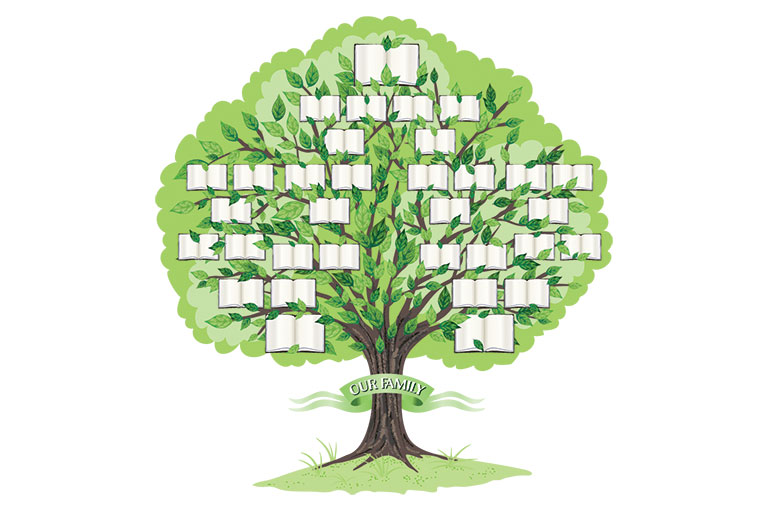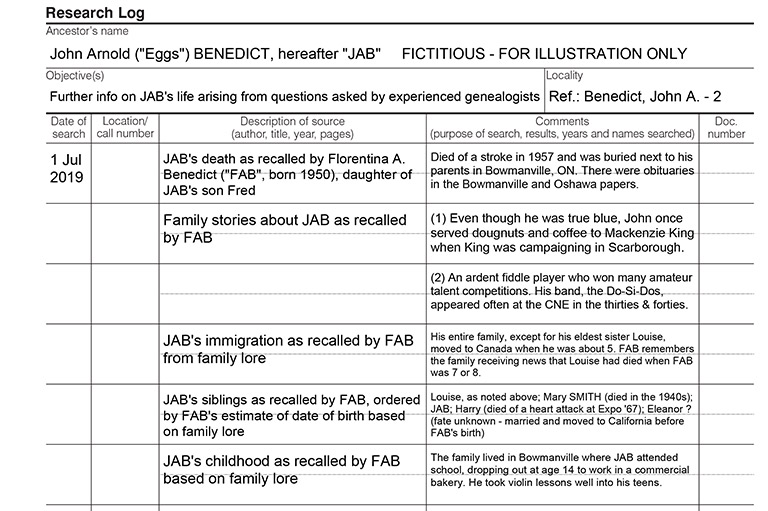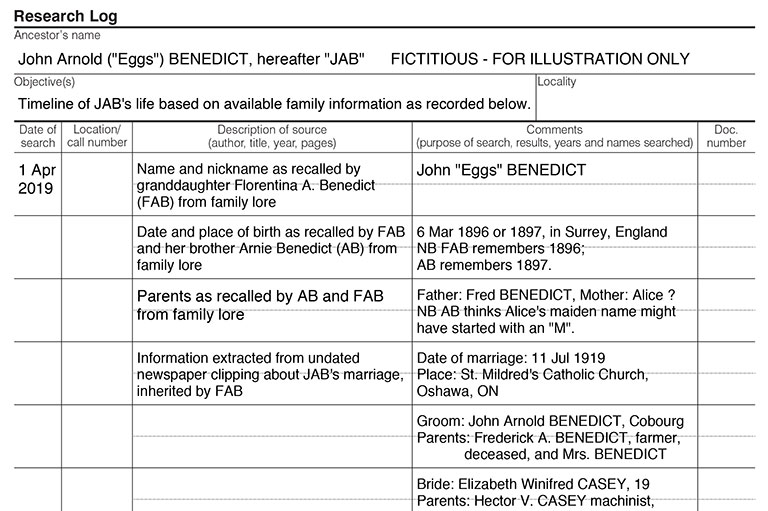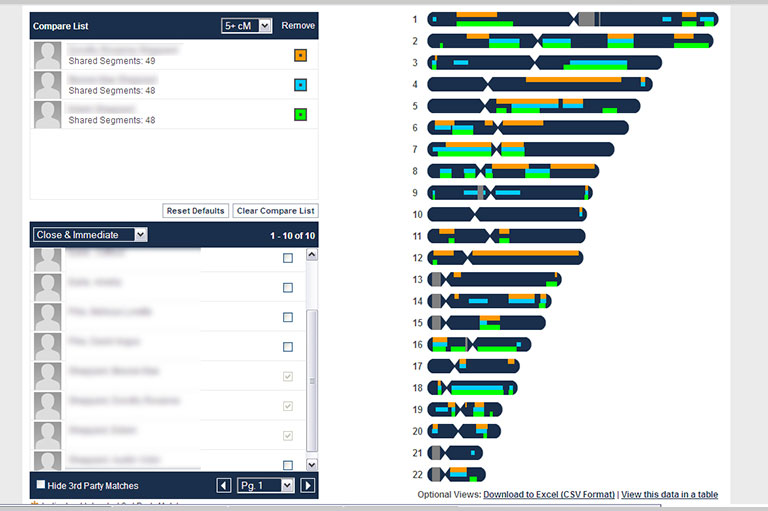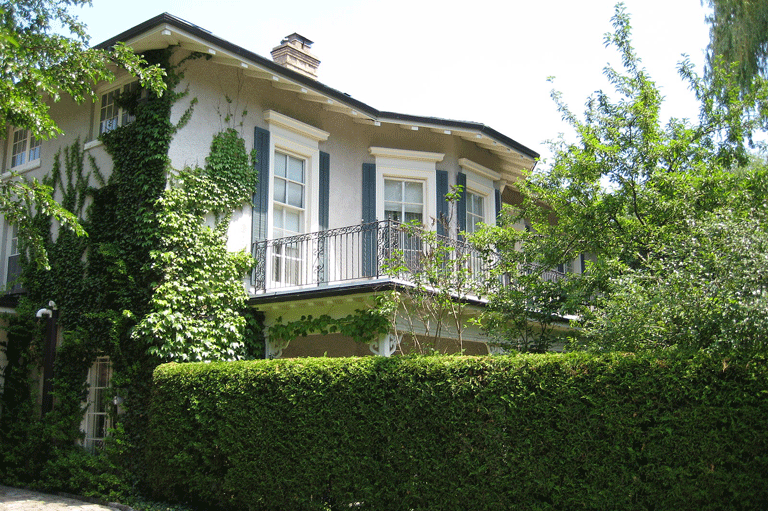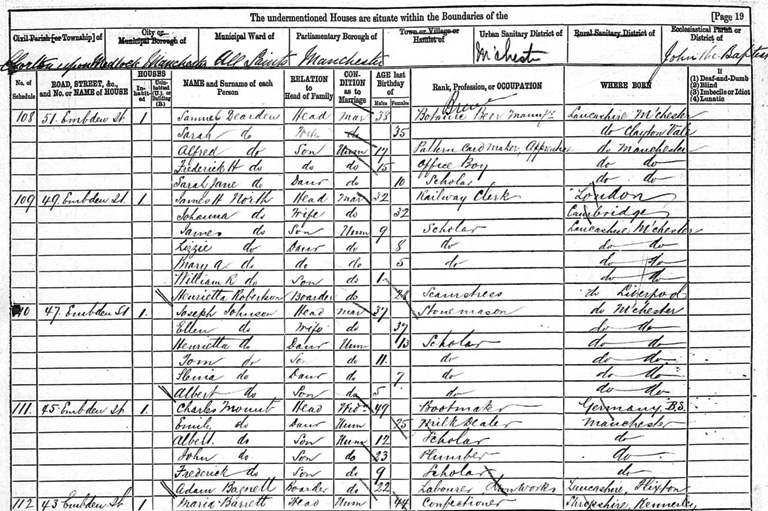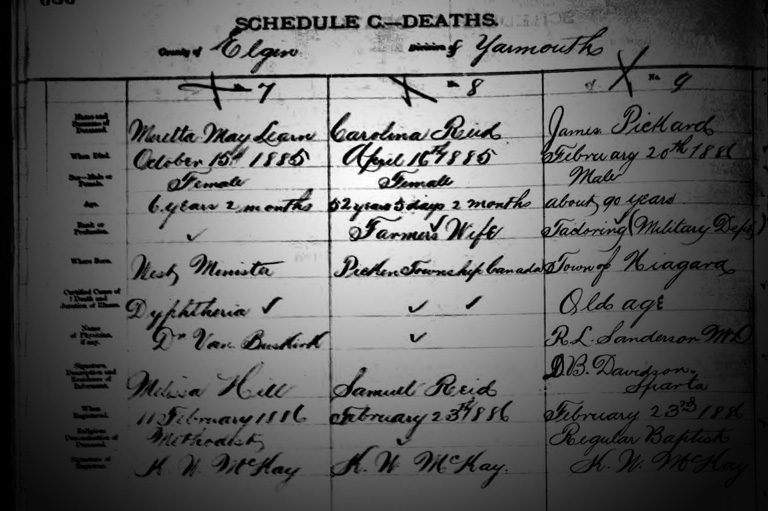Roots: Chemical Reactions
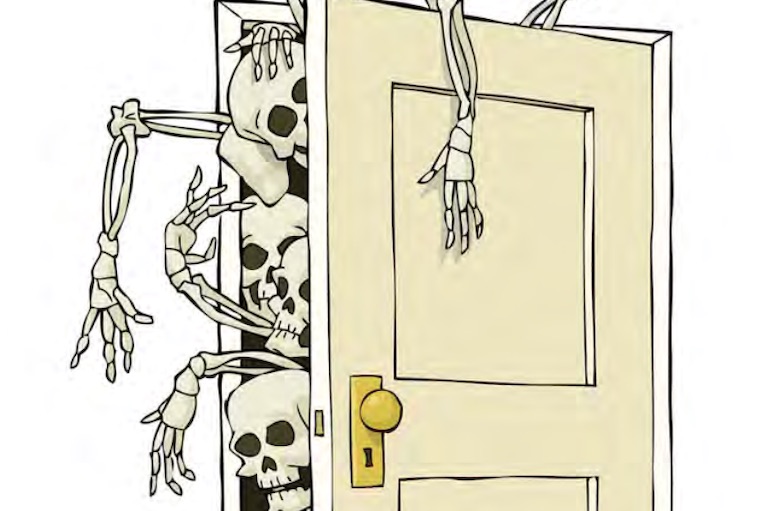
Do you have the temperament to research your family history, no matter where it may lead?
I recently tracked down a fellow in New Zealand and explained my theory that he was a descendant of my grandfather’s mysterious father. Would Rob (not his real name) be willing to take a DNA test to settle the question?
Rob took a pass. A lifelong bachelor, he led a life that suited him fine. Genetic knowledge couldn’t improve on things, but an unfortunate discovery might open a noxious can of worms.
It was hard to argue with Rob. Consider these cautionary tales we’ve seen in recent years:
Secret adoption: In January 2018, a Nevada television station told the story of a sixty-six-year-old man who had recently learned that he’d been abandoned at birth. His loving mom and dad hadn’t disclosed that they were adoptive parents. The man has since suffered from bouts of post-traumatic stress disorder.
Undisclosed sperm donation: An August 2019 editorial article in the Los Angeles Times reported, “A DNA test told me my dad was a sperm donor. Learning this as an adult upended my life.” A similar 2018 story on CBC Television concluded that anonymity in these matters is effectively dead.
Unexpected ethnic origins: DNA can reveal uncomfortable truths about ethnic origins. Such was the case for an African-American woman quoted in The New York Times Magazine. “Two percent African? I thought, Well, who am I then? ... I was afraid people would think I was a fraud. I was so disappointed, and I didn’t believe it, because how could I not be black? I’d lived black. I was black.”
Hanky-panky: In 2019, a post on the online forum Reddit reported that a user had figured out that her maternal grandma had cheated on grandpa. Both the Reddit member and her mother were clearly descended from another man, one of thousands of cases of misattributed paternity that have been revealed by consumer DNA testing in the past few years.
Medical malfeasance or error: The real medical world’s seamy secrets are also being exposed. A fertility doctor was discovered to have personally fathered dozens of children with his unsuspecting patients. In other cases, hospitals have mixed up babies at birth, with the errors detected decades later, and, in one case, after more than a century.
Family historians have been shooing skeletons out of closets for generations without the need for DNA. They’ve known that every family tree has just-in-time marriages, its flibbertigibbets, and drunkards. Some have murderers, rapists, rum-runners, or slave owners. The documentary record is clear in many cases.
Yet there’s no doubt that DNA testing has become a flashpoint for discomfort. The marvel is not that Rob declined to be tested but that two of his cousins later agreed. Rob made the right call for his circumstances. He agreed with my distant relative who once chided me, “let the dead stay dead!”
That’s not the way most genealogists look at things. Our credo is more along the lines of “let the dead live on in our thoughts.” As for that distant relative, let’s just say that her closet was skeletally challenged.
Themes associated with this article
Advertisement
You might also like...
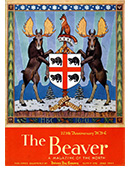
Canada’s History Archive, featuring The Beaver, is now available for your browsing and searching pleasure!

Beautiful woven all-silk necktie — burgundy with small silver beaver images throughout. Made exclusively for Canada's History.

